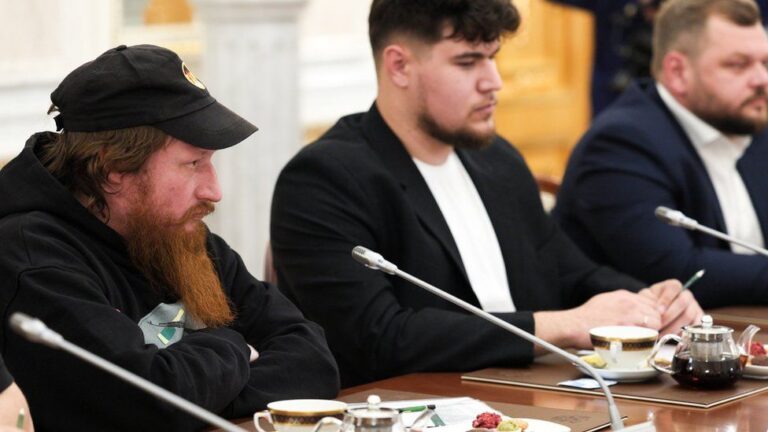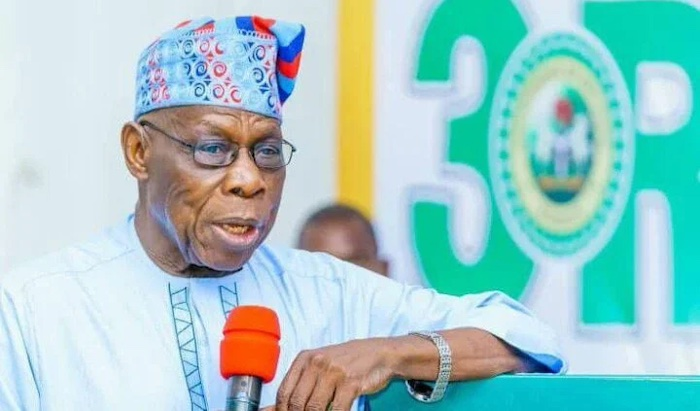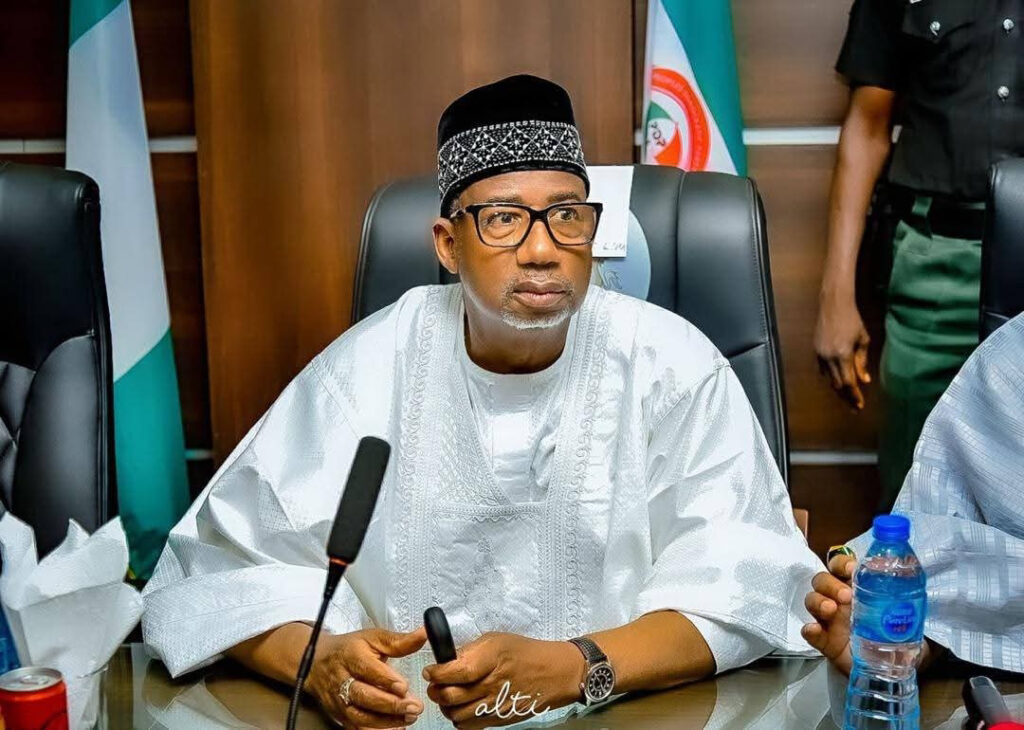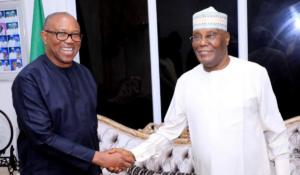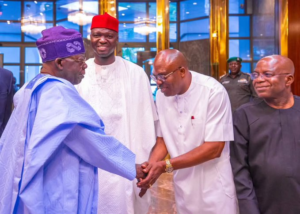Russia’s pro-war influencers are generating big advertising revenues from their social media coverage of the conflict, the BBC has found.
Alongside a daily ration of gruesome videos of drone strikes and false claims about Ukraine’s President Volodymyr Zelensky, they share ads for anything from cryptocurrency to fashion.
Known in Russia as “Z-Bloggers” because of their support for a war often symbolised by the letter Z, they are often embedded with the Russian army and post footage from the front line where they call on young Russians to enlist.
Since the start of the full-scale invasion in February 2022, pro-war influencers have gained millions of followers on Telegram, the social media platform many Russians turned to after President Vladimir Putin banned Instagram, Facebook and Twitter.
That explosion in users has led to a surge in Telegram’s advertising market.
War influencers have taken advantage of this. They sell ad spaces for companies looking to reach their young audiences.
To find out how much they charge, members of the BBC’s Global Disinformation Team posed as hotel owners interested in posting ads on their channels.
We reached out to some of the most prominent players.
One of them was Alexander Kots, a veteran correspondent for a pro-government newspaper who became a war influencer, with more than 600,000 followers on his personal Telegram channel.
Semyon Pegov, known as WarGonzo, was another. Perhaps the most well-known Z blogger, he has more than 1.3 million followers.
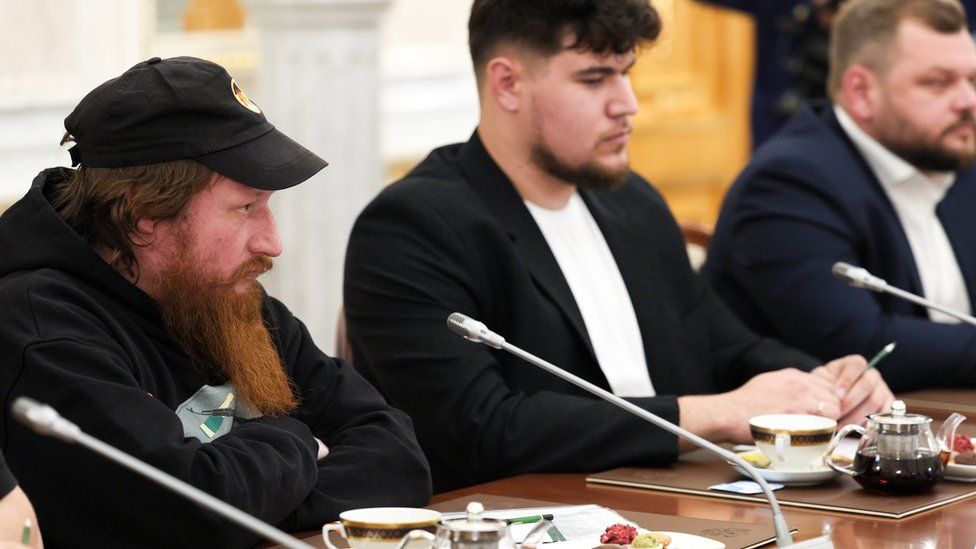
Alexander Kots said it would cost 48,000-70,000 roubles (£440-£680) per post on his channel, depending on how long the ad was kept at the top of his Telegram feed. WarGonzo quoted us the equivalent of £1,550 per post.
Top war influencers post at least one ad per day, so their potential income dwarfs Russia’s average monthly wage of 66,000 roubles (£550).
To advertise on the channel of Alexander Simonov, a correspondent for the Ria Fan website founded by late mercenary boss Yevgeny Prigozhin, the agent quoted £180 per post.
Another Ria Fan reporter, Alexander Yaremchuk, has fewer followers so his rates are lower, at £86 per post.
While some of the Z-bloggers have significant experience of war reporting for state-run media, others like Maryana Naumova have no professional training.
A former powerlifter, she took a reporting course on a Wagner mercenary base and now presents her own show on national TV.
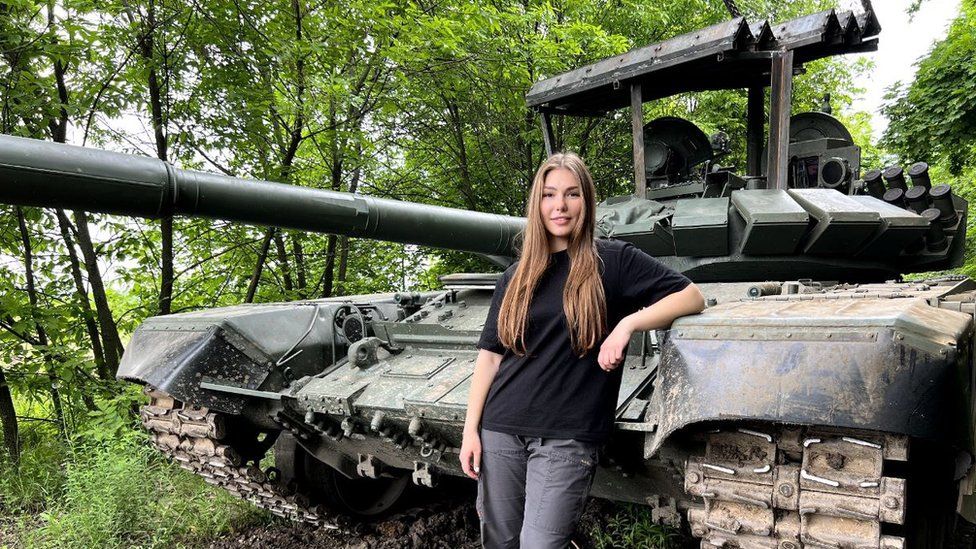
The BBC tried to interview prominent war-bloggers, but Alexander Kots was the only one of them who agreed to talk.
“The Ministry of Defence often listens to us, and we have a direct channel to privately communicate information to them. It’s all behind the scenes, and I do that,” he said.
BBC

